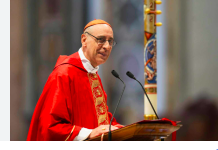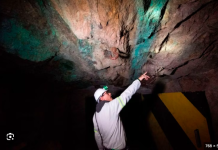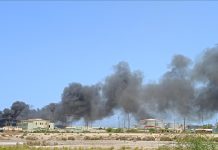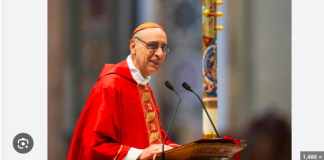
/
RSS Feed
Timber smuggling, estimated at $23m annually from Mozambique to China, fuels an Islamist insurgency and criminal networks in the country’s north. Rosewood, prized for luxury furniture, is illegally traded despite international protection. Poor forest management, corruption, and insurgent control facilitate unchecked trade.
A resurgence in fighting coincides with the expansion of insurgent-controlled areas, indicating increased funding. Mozambique’s National Risk Assessment on Terrorism Finance Report links insurgents to the illicit timber trade, generating significant revenue for violence.
Firms pay protection fees to insurgent groups for illegal logging, highlighting the nexus between illicit trade and insurgency. Despite challenges in accessing the Cabo Delgado region, reports suggest substantial insurgent involvement.

The trade involves Chinese logging firms operating under concessions licensed to Mozambican intermediaries. Thirty percent of timber from Cabo Delgado is high-risk, sourced from insurgency-occupied forests.
Mozambique is the top supplier of rosewood to China, with shipments tracked by Environmental Investigation Agency (EIA). A recent investigation traced rosewood containers worth $18m, violating conservation laws.
Forest cover loss in Mozambique is alarming, with deforestation rates akin to losing 1,000 football pitches daily. Rosewood trade, restricted under CITES, has become the most trafficked wildlife product globally, with Mozambique’s pau preto rosewood listed on CITES Appendix II.

















